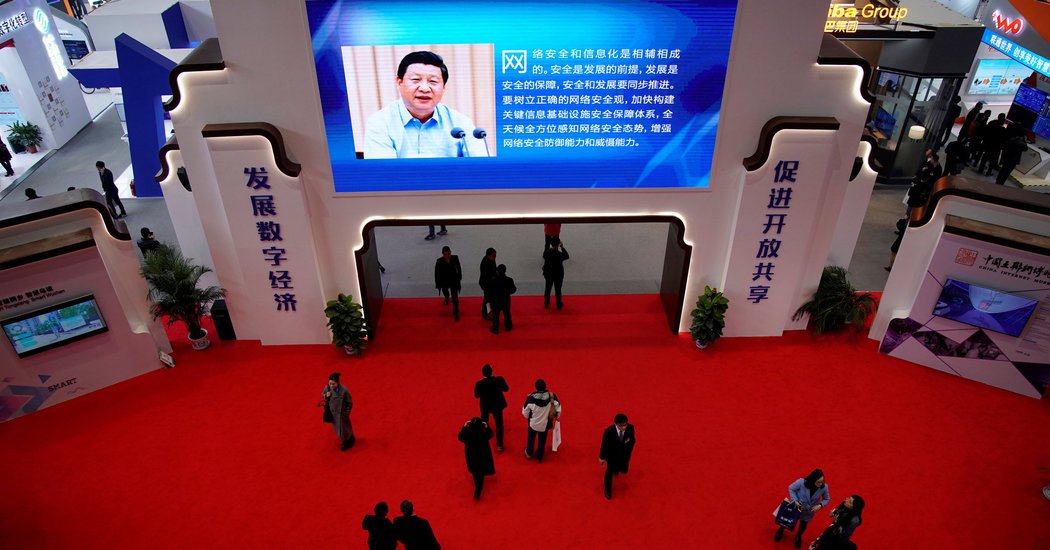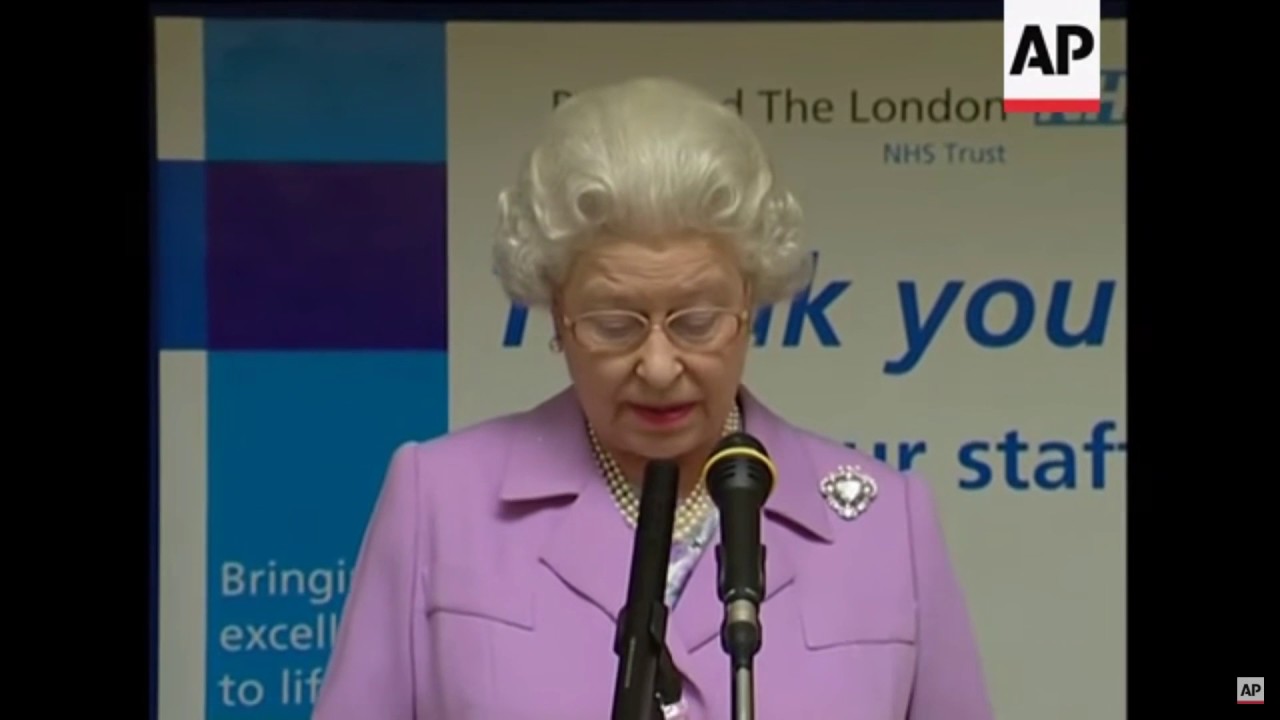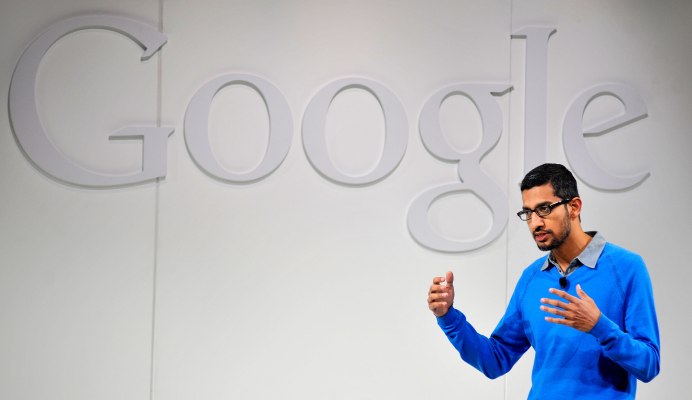Other Chinese companies showed what could be done with such data. A state-run telecom company, China Unicom, featured a display with graphics breaking down the huge amounts of data the company has on its subscribers.
One map broke down the population of Beijing based on the changing layout of the city’s population as people commuted to and from work. Another showed where foreign visitors roamed on its network.
Credit
Aly Song/Reuters
The people overseeing China Unicom’s booth openly discussed the data, a sign of how widely accepted such surveillance and data collection have become in China.
At Unicom’s two other state-run rivals, a similar penchant for measurements and surveillance was also on display. China Mobile floated a camera on the prow of one of the many boats that drift through Wuzhen’s canals, sending the images over its latest and faster cellular technology. China Telecom showed off its ability to measure the amount of trash in several garbage cans and detect malfunctioning fire hydrants.
Investors and analysts say China’s unabashed fervor for collecting such data, combined with its huge population, could eventually give its artificial intelligence companies an edge over American ones. If Silicon Valley is marked by a libertarian streak, China’s vision offers something of an antithesis, one where tech is meant to reinforce and be guided by the steady hand of the state.
Such developments underscore a nascent back-and-forth between China and the United States that will determine much about technology’s future development and application.

Credit
Reuters
Speaking at a panel on terrorism, Mei Jianming, described as a chief expert on antiterrorism for the Shanghai Cooperation Organization, an intergovernmental group that includes China and Russia among other countries, labeled groups that speak out for the human rights of China’s Islamic minority Uighurs as terrorists. He then said Beijing should do more to use its influence to push Twitter to change its terms of service and push back against such groups.
“We should strengthen the capability of our propaganda,” he said. “On the Chinese official side, our China Daily and Xinhua News have their own Twitter presence, but the effectiveness of their propaganda is not enough. It’s clearly not enough.”
The contradictions of using sites like Twitter to change opinions abroad, while blocking them domestically, were often evident but almost as often unremarked upon.
During the opening speech made by Wang Huning, a member of China’s leading seven-man Politburo Standing Committee, there were more overtures to openness and cooperation than to the security and censorship that have marked China’s approach to the internet.
One of the most clear discussions of censorship came not from a speaker at the conference, but from an official watching the conference’s entry gate on the first day. A representative of the Wenzhou city government, he queried journalists about how they got around China’s internet filters. It was not clear whether he was genuinely curious, or wanted to find out which tools were most effective so they could be later targeted.
By PAUL MOZUR
https://www.nytimes.com/2017/12/05/business/china-internet-conference-wuzhen.html
Source link



